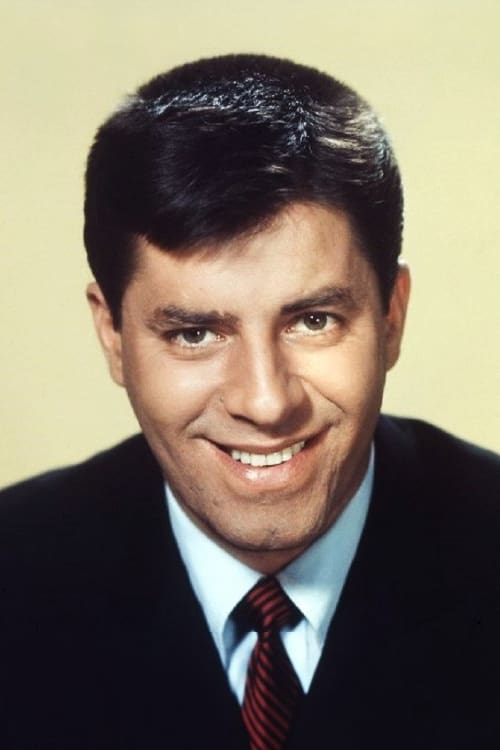
Jerry Lewis (March 16, 1926 – August 20, 2017) was an American comedian, actor, film producer, writer, film director and singer. He is best-known for his slapstick humor in stage, radio, screen, recording and television. Lewis is also known for his charity fund-raising telethons and position as national chairman for the Muscular Dystrophy Association (MDA). Lewis won several awards for lifetime ac...
Explore all movies appearances

Explores Jerry Lewis' unreleased 1972 film "The Day the Clown Cried," its mysterious disappearance, and the search for footage. Includes interviews with Lewis' associates and previously unseen production content.

The film explores the personal and professional life of Stella Stevens, one of Hollywood's last starlets. Her career spanned from the final days of the male dominated old Hollywood studio system, through the evolution of the new Hollywood, which coincided with the struggle for women's rights, and human rights of all races and identities, for which she was an advocate.

Jerry Lewis’s patented form of slapstick made him a 20th-century comedic icon. But former co-stars directors say he was a bully who sexually harassed—and in at least one case, sexually assaulted—women with impunity.

A look into the subconscious of the 20th century.
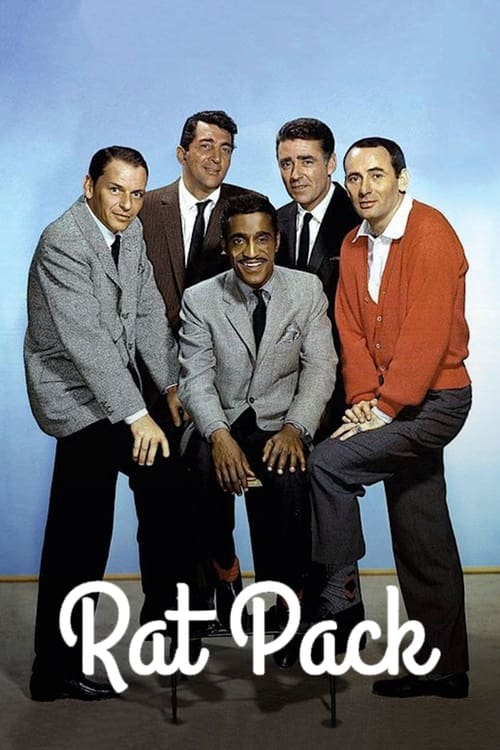
In the 1950s, a small group of artists monopolized the attention of the cameras and the public. Frank Sinatra, Dean Martin, Sammy Davis Jr., Joey Bishop and Peter Lawford together form the "rat pack": they sing the most popular hits of the moment, star in the most profitable Hollywood films and are already making a splash on television . This documentary, produced by a recognized specialist in the history of Hollywood, recounts the exceptional destiny of this informal group which flirted with the greats of this world, notably through Sinatra, personal friend of American President Kennedy.
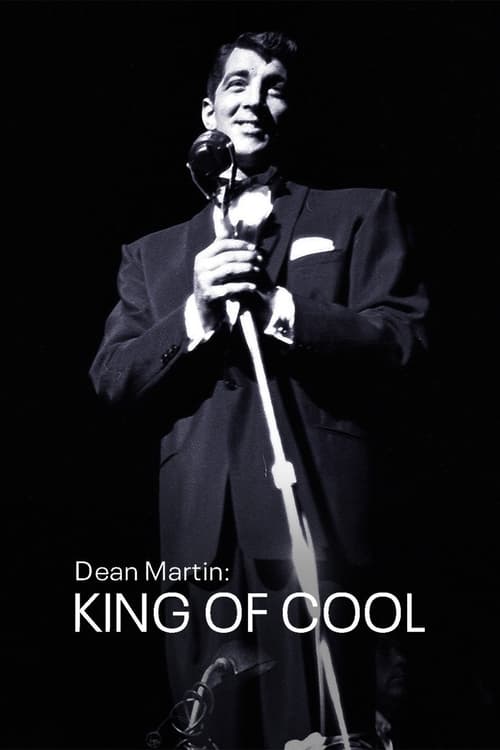
Dean Martin had a laid-back charm that made him successful in everything from big-screen comedies to television variety shows to live acts in Las Vegas. Filmmaker Tom Donahue explores Martin’s varied career, including his complicated relationships with Jerry Lewis, Frank Sinatra, Sammy Davis Jr, and others. We hear from admirers such as critic Gerald Early, actor Jon Hamm, and Hip-Hop artist RZA who testify to Martin’s enduring mystique.
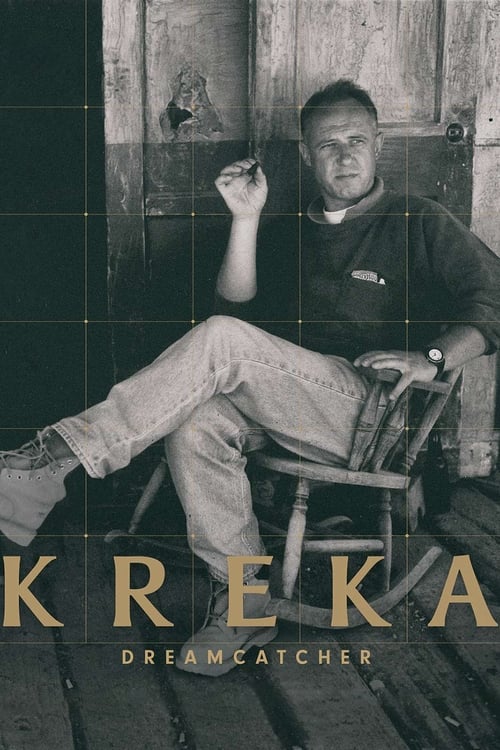
The career of the famous production designer Miljen Kljaković – Kreka and reveals all the beauty and importance of film scenography.

A showcase of 3-D Kodachrome slides taken between the 40's and 70s.

Pauline Kael (1919–2001) was undoubtedly one of the greatest names in film criticism. A Californian native, she wrote her first review in 1953 and joined ‘The New Yorker’ in 1968. Praised for her highly opinionated and feisty writing style and criticised for her subjective and sometimes ruthless reviews, Kael’s writing was refreshingly and intensely rooted in her experience of watching a film as a member of the audience. Loved and hated in equal measure – loved by other critics for whom she was immensely influential, and hated by filmmakers whose films she trashed - Kael destroyed films that have since become classics such as The Sound of Music and raved about others such as Bonnie and Clyde. She was also aware of the perennial difficulties for women working in the movies and in film criticism, and fiercely fought sexism, both in her reviews and in her media appearances.
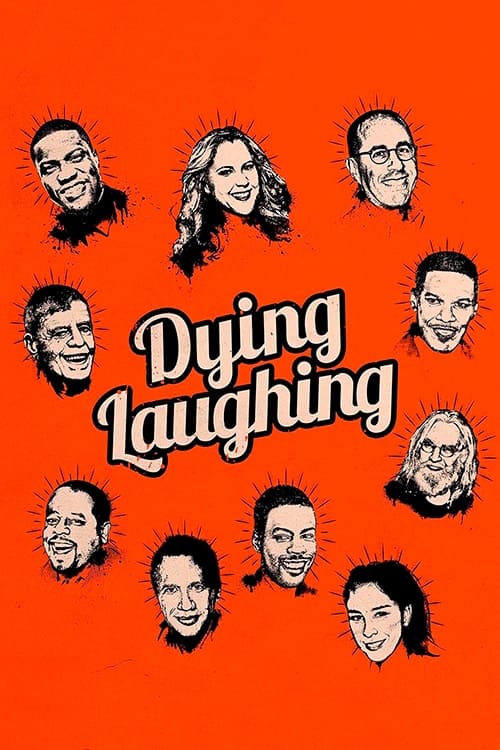
The craft, creative process and complicated lives of Stand-up Comedians.
Subscribe for exclusive insights on movies, TV shows, and games! Get top picks, fascinating facts, in-depth analysis, and more delivered straight to your inbox.